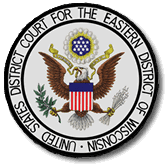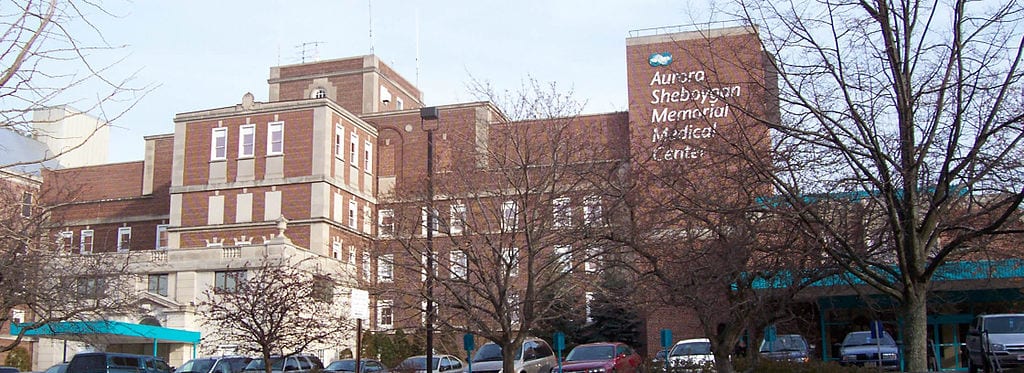A $12 million settlement agreement was recently reached between Aurora Health Care and the federal and state governments. The settlement hopes to quell allegations that the healthcare facility “violated the federal anti-kickback law by paying excessive compensation to two cardiologists.” The federal anti-kickback law in question is known as the Stark Law and it “prohibits physicians from having a financial relationship with hospitals and other health care providers to whom they refer patients.” The law was designed with the hope that a “doctor’s referral is based on a medical judgment, not to make money.”
A $12 million settlement agreement was recently reached between Aurora Health Care and the federal and state governments. The settlement hopes to quell allegations that the healthcare facility “violated the federal anti-kickback law by paying excessive compensation to two cardiologists.” The federal anti-kickback law in question is known as the Stark Law and it “prohibits physicians from having a financial relationship with hospitals and other health care providers to whom they refer patients.” The law was designed with the hope that a “doctor’s referral is based on a medical judgment, not to make money.”

It should be noted that the Stark Law has certain exemptions. For example, “physicians employed by a health system who make referrals within that system” is one exemption. Problems arise when health systems do things like buying a certain physician’s practice. That’s why the law was set up, in order to “ensure that a health system is not essentially buying patient referrals.”
As the law stands right now, health systems are prohibited from “giving physicians unusually lucrative contracts” and must instead compensate physicians with “commercially reasonable” contracts. However, that’s exactly what the Department of Justice alleged occurred. According to a news release issued by the U.S. Attorney for the Eastern District of Wisconsin, “Aurora entered into compensation arrangements with two physicians beginning Dec. 1, 2008, that did not meet” the requirements under the Stark Law.
According to the news release, December 1, 2008, was the same day the Aurora Health Care purchased “Comprehensive Cardiovascular Care Group, the largest cardiology practice in Wisconsin.”
Despite the recent settlement announcement, Aurora Health Care, which is technically now part of Advocate Aurora Health, “did not admit liability for the allegations.” In a statement, Aurora said:
“This case is related to a technical requirement involving a compensation arrangement designed a decade ago. We have robust policies and protocols in place to ensure compliance, and we hold ourselves to the highest standards.”
How was the issue discovered, though? Well, it turns a whistleblower lawsuit was filed against Aurora under the False Claims Act a while back. According to the U.S. Attorney’s office, the whistleblower suit alleged “ different violations than those that were the basis for the settlement with Aurora.” While that particular suit is not public, the suit did result in an investigation that “discovered the allegedly improper payments.”
The two physicians who were allegedly “paid above-market compensation that led to the settlement are Jasbir Sra and Tanvir Bajwa.” According to the complaint filed by the Department of Justice, Sra is a cardiac electrophysiologist and Bajwa is an interventional cardiologist. However, what the two “were paid to trigger the alleged violations of the anti-kickback law was not disclosed in the settlement.”
Sources:
Aurora agrees to $12 million settlement in alleged violations of federal law


Join the conversation!